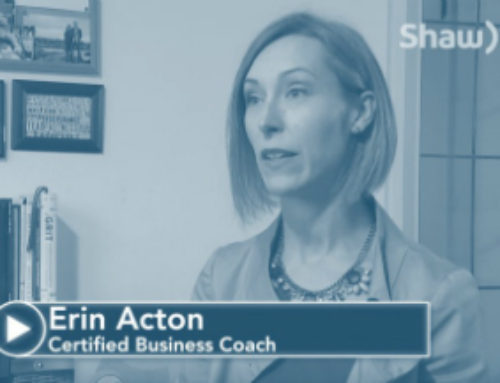Image by imelenchon used with permission.
You can feel it in your chest, shoulders and neck. You’re wired and tired: strung out from the caffeine and adrenaline but worn out from doing it all. What more can you do? What should you stop doing? How can you know? That’s where a stress test can help you.
You’ll likely have an idea of where things aren’t working, but when you’re chronically stressed out and overwhelmed, your brain doesn’t function at its best. In fact, the changes are startling.
A stress assessment can help you find out where you are good at supporting yourself and where you could be sabotaging your efforts to get it all done. I’ve been there. When I led the communications for a $50M company, I often felt overwhelmed and stressed out. When I did the assessments, I realized I could adjust in small but significant ways to improve my resiliency and manage stress better.
The assessments
Here are a few assessments from reputable sources that I have found to be helpful:
1. Stress Vulnerability Test by the Stress Management Society out of the UK. It will tell you if you’re prone to negative stress impacts and offers many resources to manage stress.
2. The Holmes and Rahe Stress Scale. This is a well-established scale that measures your number of stress-causing life events. It can estimate how likely you are to become ill in the near future.
3. Stress Screener by Mental Health America. A test that feels more fun than the other ones. They provide links to ten tools that can help to manage stress after they calculate your score.
After taking the tests
Sometimes people can feel devastated or shocked when they learn that they are vulnerable to stress, or that they have a high or moderate likelihood of becoming ill because of it. When you’re a high achiever managing multi-million dollar projects, or running a business, or leading staff members, it can be very hard to believe that you can’t get a handle on your own stuff.
If you’re concerned your scores, take comfort that it’s a normal reaction.
Instead of focusing on any potential label or self-judgement because of your result, look at where you can improve. Implement one to three quick, easy wins that won’t add to your stress. For me, I chose to add exercise, mid-day breaks, and more sleep back into my regular routine. Like so many of the people that I talk to, I had cut back in all of those areas thinking it would help me get more done.
The opposite happens as research and our own experiences show. I followed the advice of the experts and self-help books that suggested I ease back into it. The last thing you want to do is completely change what you’re doing. Big lifestyle changes are not what we’re after here. You want to start with small, slow improvements that you gradually increase over time.
It’s simple. But it’s not necessarily easy. I can tell you from my own experience, that stopping work to take a break can be incredibly challenging. The emails and work don’t go away when we step away from our desks. You can get a lot done in 15 minutes. However, research has shown that people who take breaks during the day are more productive and happier than people who don’t. You can read more about that here in my recent post, “3 awesome reasons to take your breaks – even if you don’t want to.”
Same with stopping work to get some exercise in. All of that time seemingly wasted! Not so, particularly if you take walks. They are the “Best kept secret to stop overwhelm and reduce stress”.
Sleep is proving critical to our daily function. More and more research is coming out countering the decades-old assertion that sleep is only time wasted. For more, read “Don’t skimp on sleep: why choosing sleep makes you smarter”.
Take good care of yourself.




